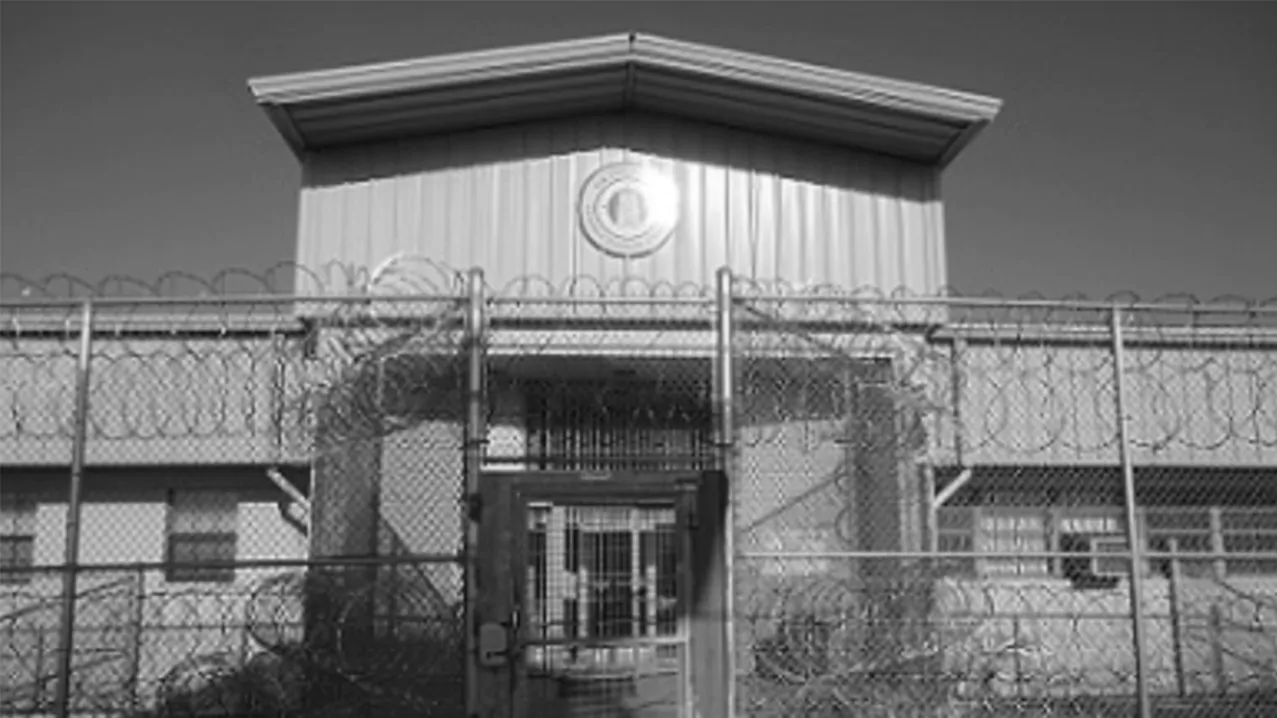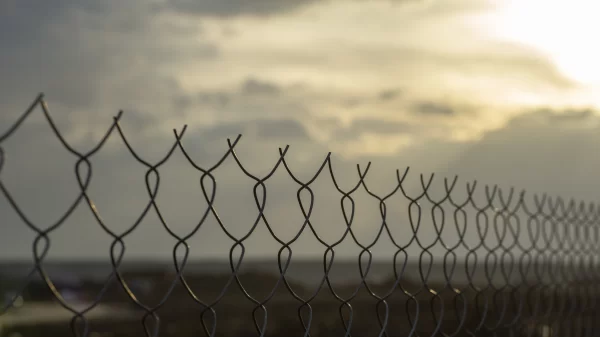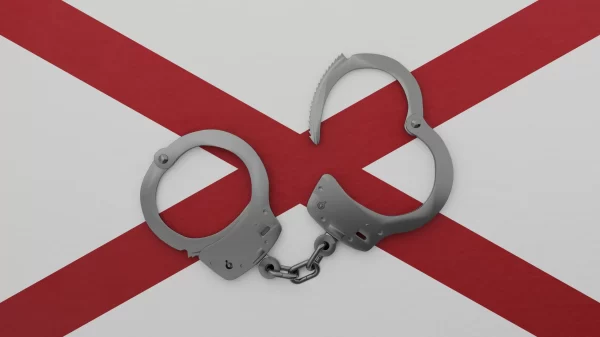The governor’s office has a new prison bill. It should die.
Well, maybe die is a little strong. But the new plan — to build two big, new men’s prisons in the state and then build a women’s prison and renovate existing prisons — should definitely be tucked away somewhere until a whole bunch of other issues are solved first.
Because building new prisons solves only a fraction of the problems that currently exist within Alabama’s Department of Corrections.
Building new prisons won’t solve the guard-on-inmate violence issues. It won’t solve the understaffing issues. It won’t solve the declining rehabilitation/education programs. It won’t solve the upkeep and maintenance issues. It won’t solve our pardons and paroles problems.
Essentially, building new prisons is an easy, flashy way for the Republicans who run our state to pretend that we’re doing something about this absolute humanitarian crisis that they’ve created through their indifference to the human suffering that occurs daily within prison walls.
Throw a bunch of bucks at the problem, let the favored construction companies pad their wallets and we’ll all walk away pretending that we’ve done something.
In reality, if this plan is carried out, we’ll have addressed maybe three of the two dozen critical issues facing the state’s correctional system. And we will have lost the will of the people to do anything about it for at least another generation.
Now, don’t get me wrong, I’m not necessarily against building new facilities that allow for better housing and medical care for prisoners. I just happen to believe that building those prisons shouldn’t come until we — the folks who are paying for those prisons with our tax dollars — get some assurances that other issues will also be addressed.
Like the problems with the Board of Pardons and Paroles.
If we can’t get a board that follows the laws and the regulations, we’re never going to solve our overcrowding problem. Did you know that the board this year has granted less than 20 percent of the parole applications it reviewed?
It should be north of 50 percent.
According to the risk-assessment reports used to determine whether an incarcerated person should be granted release, Alabama’s parole board should be granting somewhere around 50-60 percent of the applications. But those scorecards aren’t binding for the board, leaving the final decisions as somewhat subjective.
And as such, the board, using some criteria that it hasn’t explained — and likely can’t — is granting just 17 percent.
Well, I take that back — we do know one factor the board apparently uses to determine parole worthiness: skin color.
According to numbers released by state Rep. Chris England, which he said came directly from ADOC and Pardons and Paroles, despite more Black inmates applying for paroles, some 68 percent of the 1,100-plus paroles granted went to white applicants.
Another factor that seems to weigh heavily on the decisions is slavery.
Paroles in the ultra low-risk prison work centers — the folks we send out to do $2-a-day jobs all over the state, including doing work in and around the governor’s mansion every day — fell by 93 percent since 2017, according to an APR story published earlier this week.
Because you can’t get that almost-free labor if you let out all the inmates providing it.
It’s atrocious. And we all know it. And we know that building a super-prison or two won’t fix it.
Just like they won’t fix the drug problem in our prisons.
Did you know that we only recently — for the first time since the start of the COVID-19 pandemic in March 2020 — started allowing prisoners to have in-person attorney visits? And that there are still no family visits in some prisons?
Now, consider that bit of information and then answer this: How many prison drug overdose deaths have you read about over the last year and a half? Dozens?
Have you read many stories about corrections officers being busted for smuggling in drugs? You ever thought about why?
The truth is that state prisons in Alabama are like their own little worlds as far as many of us are concerned. We take the allegedly bad people, ship them off to these little worlds and we forget about them. We have never, as a state, demanded that these little worlds– little worlds which cost us hundreds of millions of dollars to operate — work efficiently or humanely.
And so, these little worlds have become cesspools, in which crime and violence and general, everyday awfulness have been allowed to fester and grow unchecked. That awfulness has taken root in the entire system, from top to bottom, and nothing short of a thorough, fact-based, humane cleansing will solve its many, many issues.
And until we get assurances that such a cleaning will take place, no one should be willing to fork over a dime.



















































